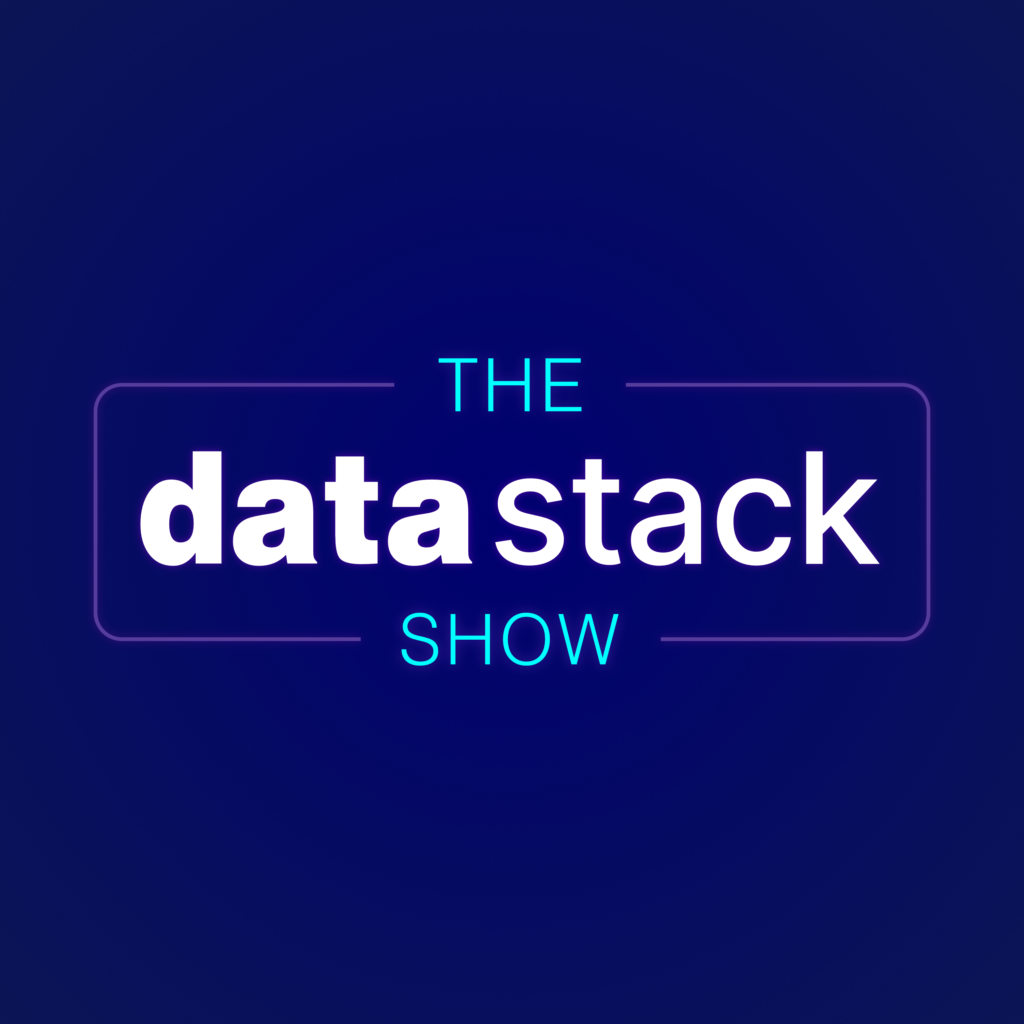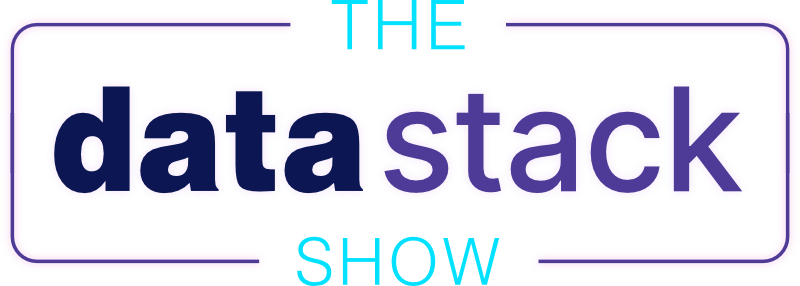
In this bonus conversation, Eric and Kostas preview their upcoming conversation with Santona Tuli of Upsolver.
The Data Stack Show is a weekly podcast powered by RudderStack, the CDP for developers. Each week we’ll talk to data engineers, analysts, and data scientists about their experience around building and maintaining data infrastructure, delivering data and data products, and driving better outcomes across their businesses with data.
RudderStack helps businesses make the most out of their customer data while ensuring data privacy and security. To learn more about RudderStack visit rudderstack.com
Eric Dodds 00:05
Welcome to The Data Stack Show prequel where we replay a snippet from the show we just recorded. Kostas, Are you ready to give people a sneak peek?
Kostas Pardalis 00:14
Let’s do it.
Eric Dodds 00:16
Let’s do it. Always a joy to talk to a nucular physicist about data. And boy, was that a great episode? There’s just something about someone who’s collided particle holes at insane speeds that, you know, it’s just fun to talk to them about almost anything. It’s great. So John Jenner from from up solver was just a delightful guest. And for someone she is so so smart on so many levels, right, I mean, nuclear physics, colliding particles at CERN, working in natural language processing, working as an ML engineer, and she’s so down to earth, and approachable and just really a delight, like, it was really fun to talk to her. I think one of the things that I found really interesting, and actually, I mean, there’s so many things about up solver that were interesting. And sort of, you know, focusing on the developer, as opposed to the data engineer for a pipeline tool was really interesting. But one of the nuggets from the show was how she talked about the differences of working with data as a scientist, a physicist, and working on data in a startup. Because there are some similarities, that there are a whole lot of differences. And her perspective on that was so interesting. And I think that it was interesting, because she took learnings from both sides, right? And so she, from her perspective, there are things that the academic community can learn from startups. And then like, you know, vice versa. So that was a great discussion. Oh, 100%,
Kostas Pardalis 01:57
I totally agree with you. First of all, I think it’s, it’s hard to find people can do like really good. Like, even like an average job to be honest. across the spectrum of like, different disciplines that she has, right, about someone who has gone from crunching numbers about somebody atomic particles at scale, right. And when I say at scale, I mean, not just like, have like, the infrastructure needed there. But like, at scale of like, the teams like, it’s like, literally like 1000s of people that they have like to cooperate, like to come up with these things. And doing data science, doing ml work, and becoming a product person, right? He has, like, that’s, like, a crazy, like spectrum of like, skills and competence, like the person needs like to develop, to be good at all that stuff, right? So first of all, I think like, just for these, like someone should listen to hear, because I think it’s like, only shown, like, very unique experience to at the same time, I think you thought some things about, like, the differences and the, like similarities with about, like, working with data in different like environments. And I think that’s like, what is like really fascinating, in my opinion, when it comes to data as like infrastructure or products, or whatever we want to call it, because data is, is a kind of like assets, that there’s no way that you’re not going to end up having diverse group of people that need to gather, in order like to turn it into something valuable, right, like think that the things that we talked with here about like talking from the engineer who builds the actual product, even like the front end engineer, right, like, and you have experienced a lot like with RudderStack, for example. And the work that this person is doing actually affects like, all from marketeers, bi and bi people who have met might even not know that they are in the company, if the company is big enough, you know, like, they don’t care about that. And you need to build like products that can accommodate like all these different like becoming the Glue in a way like between like all these people to make, like this whole process of like generating value out of this data as like as robust as possible. And this is not just like an engineering problem. It’s not like just like, figuring out the right type of technology. It’s like deeply also helps with like, human problem like because there has to be communication there. Right. So figuring all these things out I think is like what creates like so much opportunity in the space. And it’s, I’ll keep something that she says that wherever there is Challenge there’s also opportunity, right? And like, that’s, I think something that’s like super important. And there are big challenges right now in this space, which means that there are also like big opportunities. So I would encourage everyone like to go and listen to hear. It’s a lovely episode and many. There are many things that I’d like to learn from you.
Eric Dodds 05:23
Definitely, definitely want to check out. Subscribe if you haven’t tell a friend and tune in to learn about nucular physics and data and we’ll catch you on the next one.

Each week we’ll talk to data engineers, analysts, and data scientists about their experience around building and maintaining data infrastructure, delivering data and data products, and driving better outcomes across their businesses with data.
To keep up to date with our future episodes, subscribe to our podcast on Apple, Spotify, Google, or the player of your choice.
Fill out the form below to get a monthly newsletter from The Data Stack Show team with a TL;DR of the previous month’s shows, a sneak peak at upcoming episodes, and curated links from Eric, Kostas, & show guests.